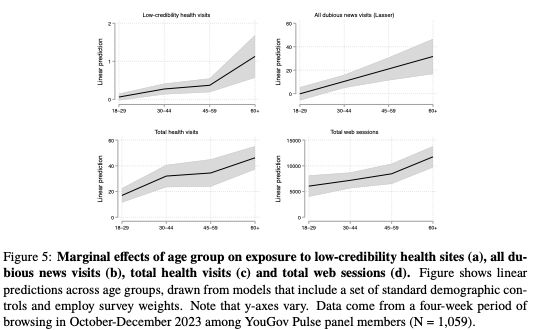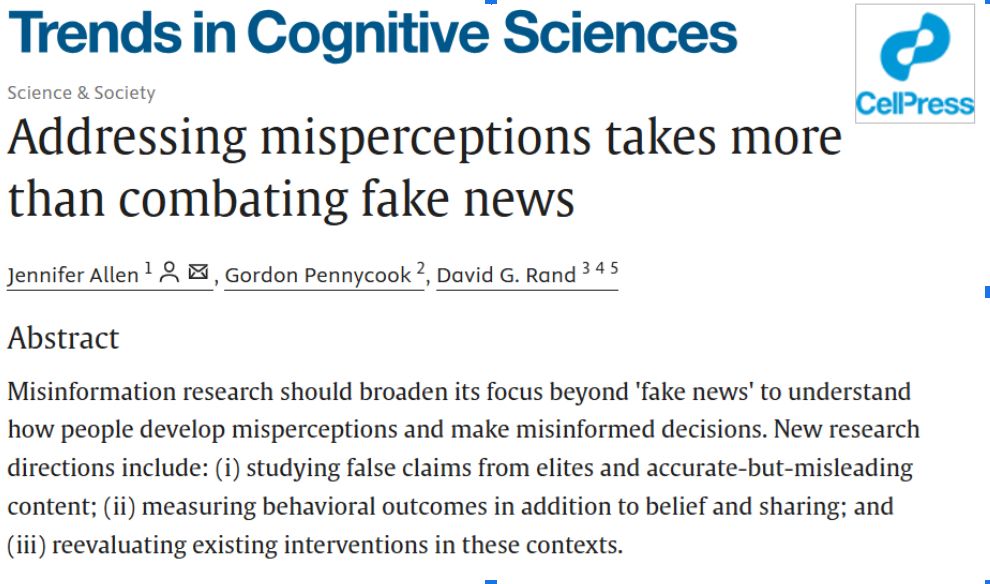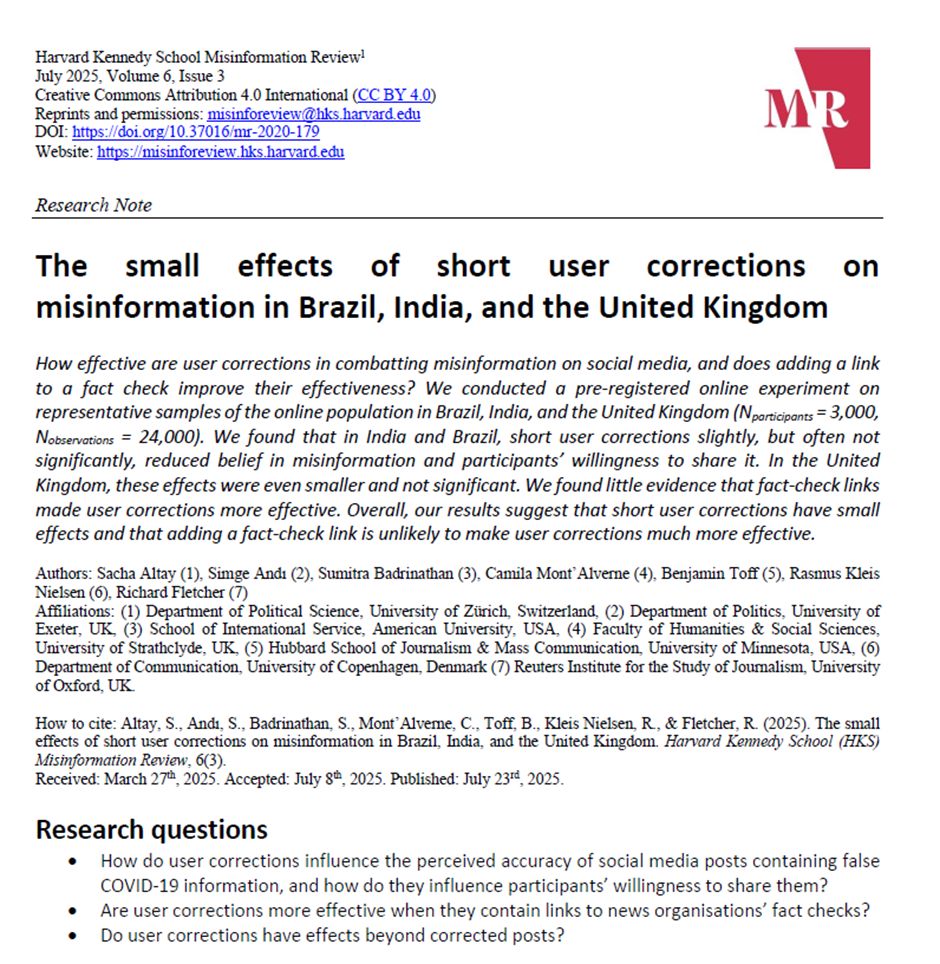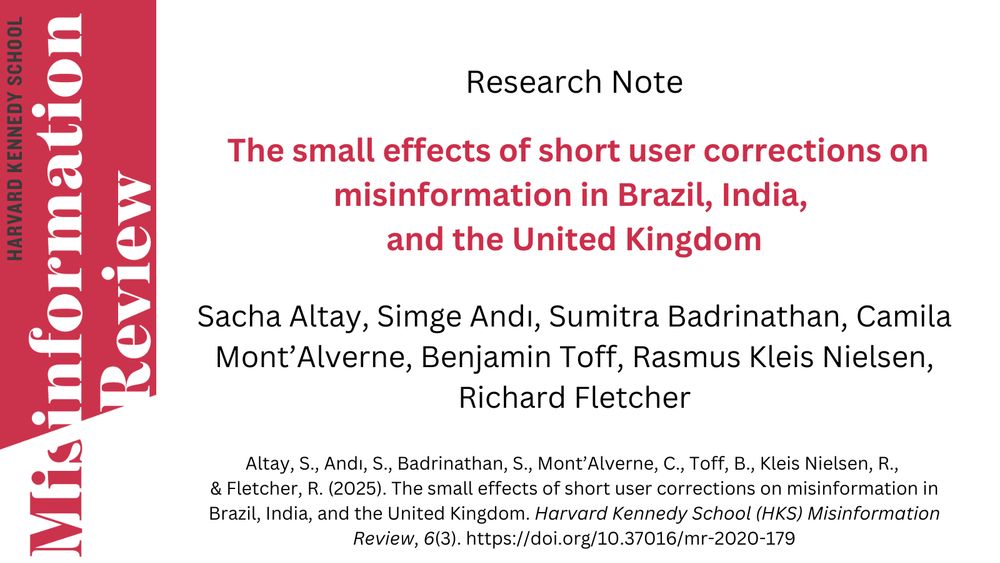Ben Lyons
@benlyons.bsky.social
3.1K followers
260 following
61 posts
Associate prof at University of Utah Dept of Comm. Associate ed @misinforeview.bsky.social
Posts
Media
Videos
Starter Packs
Pinned
Reposted by Ben Lyons
Reposted by Ben Lyons
Reposted by Ben Lyons
Reposted by Ben Lyons
Reposted by Ben Lyons
Ben Lyons
@benlyons.bsky.social
· Sep 2

A Tutorial for Deception Detection Analysis or: How I Learned to Stop Aggregating Veracity Judgments and Embraced Signal Detection Theory Mixed Models - Journal of Nonverbal Behavior
Historically, deception detection research has relied on factorial analyses of response accuracy to make inferences. However, this practice overlooks important sources of variability resulting in pote...
link.springer.com
Ben Lyons
@benlyons.bsky.social
· Sep 2
Ben Lyons
@benlyons.bsky.social
· Aug 28
Reposted by Ben Lyons
Reposted by Ben Lyons
Matt Williams
@matthewmatix.bsky.social
· Aug 11
Reposted by Ben Lyons
Reposted by Ben Lyons
Ben Lyons
@benlyons.bsky.social
· Jul 25
Reposted by Ben Lyons
Reposted by Ben Lyons
Ben Lyons
@benlyons.bsky.social
· Jul 23
Reposted by Ben Lyons
Reposted by Ben Lyons
Kevin Yang
@yang3kc.bsky.social
· Jul 17


















